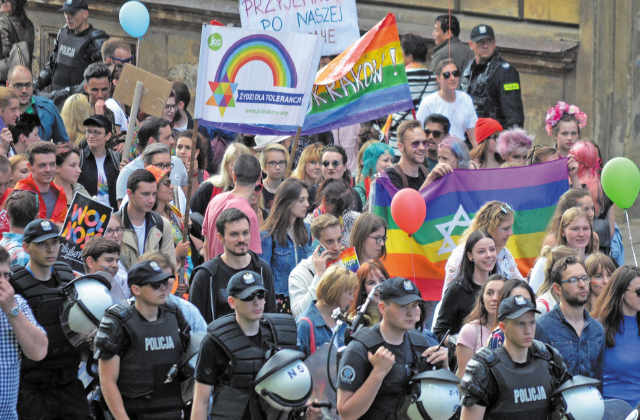Singapore repeals its anti-gay law, and the Rule of Law Erosion in Poland targets the rights of women and LGBT people.
Singapore Repeals Anti-gay Law
Russell Heng indicated the location of the peaceful Esplanade Park in Singapore where he had once been detained by the police only for being homosexual.
It resembles any other street corner with trees in the city. But in the 1980s, before the internet and Grindr, it was a well-liked gay men’s gathering place in a nation where homosexuality was essentially criminalized.
According to BBC and Heng, a dramatist and activist, the area was known as the “Feet of Five Trees” because of the tall rain trees that offered protection and isolation.
Carried over by British authority, Singapore’s government preserved the controversial 377A law, which forbade intercourse between two males.
Authorities claimed it was an expression of Singapore society’s attitude that homosexuality was not acceptable.
Just months after a declaration by Lee Hsien Loong that the rule will be abolished due to shifting attitudes, the country’s parliament overturned the restriction recently.
Rule of Law Erosion Targets Rights of Women, LGBT People in Poland

“March Equality” in Krakówh.Photo via wikimedia.org.
In order to protect the rights of women and LGBT people, the Polish government must stop its relentless attacks on the rule of law, according to a statement released by Human Rights Watch.
According to Human Rights Watch, the rights of women and LGBT people have been repeatedly targeted by the Polish government since the Law and Justice (PiS) party took office in 2015 as part of larger attacks on the rule of law. The government has consciously worked to destroy the freedom of the press, the independence of the judiciary, and independent civil society organizations. It has also worked to silence critics of the government’s policies through the legal system and other means.
“The rule of law crisis in Poland undermines democratic institutions, seriously damaging protections for people’s rights, including women and LGBT people,” said Lydia Gall, senior Europe and Central Asia researcher at The Human Rights Watch.








